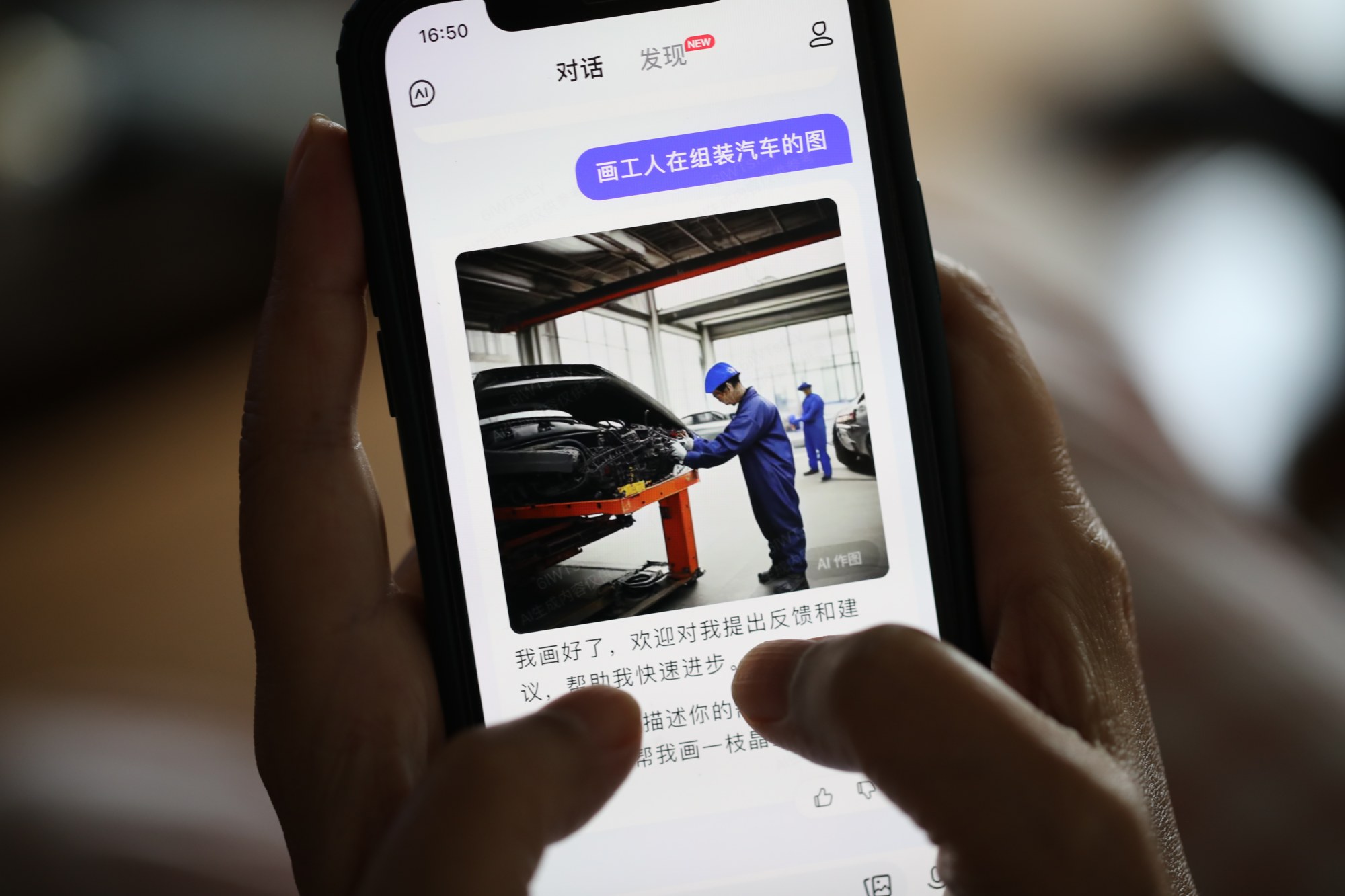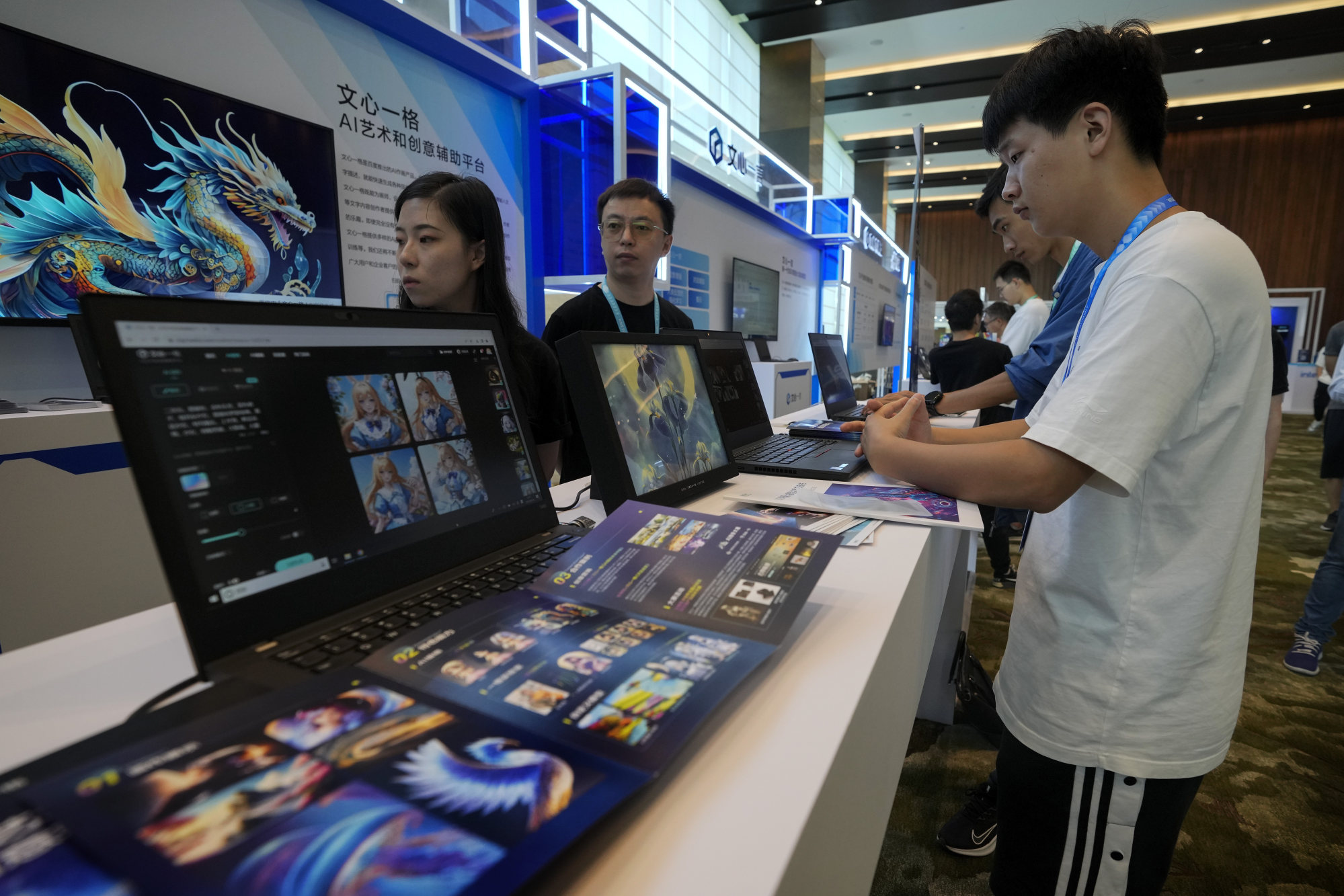Baidu, SenseTime open AI chatbots to the public after China grants first approvals for such services

[ad_1]
China has granted its first batch of approvals for generative artificial intelligence (AI) services, giving technology firms including search giant Baidu and AI specialist SenseTime the green light to offer ChatGPT-like chatbots to the public.
Those two companies – along with Zhipu AI, a state-backed start-up, and Baichuan, a new venture by Sogou co-founder Wang Xiaochuan that is backed by Tencent Holdings – issued separate statements early on Thursday, announcing the removals of the “invite-only” or “beta testing” labels that had been attached to their AI chatbots.
Baidu’s internet search engine has added a “dialogue” button that appears on top of search results. Clicking it brings up a chat window that allows anyone to access the company’s Ernie Bot, similar to how Microsoft has integrated ChatGPT into its Bing search engine.
Robin Li Yanhong, founder and chairman of Baidu, said that opening up Ernie Bot to hundreds of millions of internet users would help improve the firm’s foundational model by encompassing feedback from a broader set of use cases, according to a company statement.

One of those who rushed to download Ernie Bot was Hai Jie, an employee at a state-run telecommunications company in Guangzhou, capital of southern Guangdong province. Hai said he wanted to try out the tool’s image-generating feature, as he sometimes needs to illustrate his presentations at work, but is not always able to find suitable pictures.
The more benign attitude comes as the Chinese tech sector emerges from a years-long regulatory crackdown and is being tapped by Beijing to help boost economic growth and steer the nation towards a robust post-pandemic recovery.

While Chinese AI chatbot services are shielded from international competitors because major services like ChatGPT and Bing’s chat function are officially unavailable in the country, some local users have found ways to access those tools, often by using virtual private networks.
An engineer surnamed Tang, who works at the research and development unit of a foreign enterprise in Beijing, said his company provides employees with access to ChatGPT, which he uses often for coding and debugging, as well as polishing his English in emails.
He said ChatGPT has saved him a lot of time going through numerous web pages to pinpoint an issue and find a solution. He occasionally plays with Ernie Bot, but has never considered using it at work, he said.
“As long as I have access to ChatGPT, I will just keep using it,” Tang said.
[ad_2]
Source link





